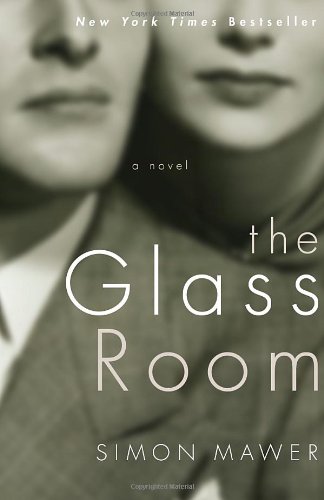The Glass Room
This novel’s setting is an ultra-modern house, built in the late 1920s in what is now the Czech Republic. The characters are the house’s various occupants, from the 1930s through World War II, the Soviet takeover, the Prague Spring, and finally the fall of the Berlin Wall. The occupants, from the beginning, live lives that seem ill-suited to a house with glass walls. The house, flawless and beautiful, is lovingly described by the author. The occupants are sadly flawed and caught up in the tragic stream of history.
The most fully developed characters are the house’s first occupants, Viktor and Liesl Landauer. They are sophisticated and enlightened people. The theme of infidelity or misplaced passion which runs through the book is introduced when Viktor commits adultery. Because he is Jewish, the Landauers eventually have to flee when the Germans invade. A German scientist occupies the house, and uses it as a site for his work—attempting to classify people by race. Under communism, the house is put to use for what others consider laudable purposes. We have a sense of the march of human folly, witnessed from one house as a vantage point.
A coolness about the style of this novel kept me at a distance as a reader. This is a gracefully written, intelligent book that takes on great historical events. I can understand why it was a finalist for the 2009 Man Booker Prize. However, I did not truly care much about anyone in the changing cast of characters. I rarely found this novel involving or moving.










